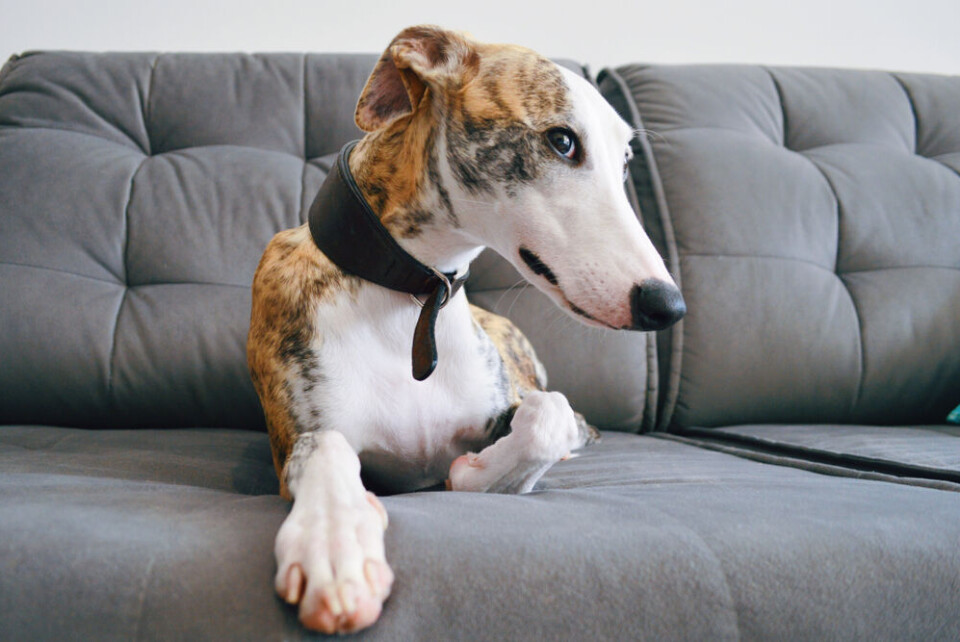-
Scam calls in France more than double in a year
Complaints about unsolicited calls are second only to those about fibre optic internet
-
‘Medical deserts’ major issue in upcoming local elections in France
Access to healthcare is now a more pressing concern than education, mayors say
-
‘Digital ID’ to be accepted at French airports this summer
Users of the France Identité app will be able to board certain flights using ID on smartphone
Dog in Paris confirmed as first pet to be infected by monkeypox
The World Health Organisation warned householders to take action to stop the virus from spreading by managing their waste responsibly

A dog in Paris has become the first pet to be infected by the monkeypox virus, prompting the World Health Organisation to warn householders to take action to stop the spread to other animals.
The WHO this week (August 17) advised people to “manage their rubbish and waste” responsibly, in a bid to avoid the virus spreading to non-domesticated animals outside of the home, especially rodents.
The warning comes after medical journal The Lancet reported the first case of a human-to-dog transmission of the monkeypox virus. Two infected men spread the virus to their whippet in Paris in June.
They tested positive for the virus at the Pitié-Salpêtrière Hospital after they were seen to have the telltale monkeypox lesions on their skin. Their dog also showed signs of the lesions 12 days later and tested positive. The duo said that their dog typically sleeps on their bed with them.
However, they said that they had been careful to avoid contact with other animals or humans since the appearance of their symptoms.
The WHO had said that this infection was possible in theory, but Rosamund Lewis, technical manager of monkeypox at the WHO, said: “We think it’s the first time that a pet dog has been infected [by this virus].”
Before this case, only primates and rodents had been identified as carriers of the virus as had some wild prairie dogs in the US.
It joined other health agencies to warn infected people to “stay away from their pets” to avoid further spread.
The biggest risk is not with domestic pets, however, but those outside of homes.
Michael Ryan, the WHO director of emergencies, said: “[The main concern is] when a virus moves into a small mammal population with a high density of animals. It is through the process of one animal infecting the next that we see a rapid evolution of the virus.”
Ms Lewis reiterated that “waste management is essential” to reduce the risk of contamination of rodents, especially rats.
The latest WHO report shows that there have been 31,665 cases of monkeypox worldwide, including 12 deaths. As of August 4, there had been 1,700 people confirmed as infected in France, mostly in Paris.
Men who have sex with men, sex workers and healthcare staff who have contact with infected people are among the risk groups most likely to be contaminated, but everyone is potentially susceptible.
The WHO classified the monkeypox outbreak as a global public health emergency on July 24. Since then, France has launched a ‘Monkeypox Info service’ to offer information and advice to people in the country.
The service is supported by health body Santé publique France and operated by the AIDS helpline service SIS Association. It is available to call on the numéro vert (free) 0 801 90 80 69, and is open from 08:00 to 23:00 every day. The calls are free, anonymous, and confidential.
Related articles
Monkeypox virus: France launches phone info line as cases spread
Monkeypox in France: 16 cases confirmed, first vaccinations received
























